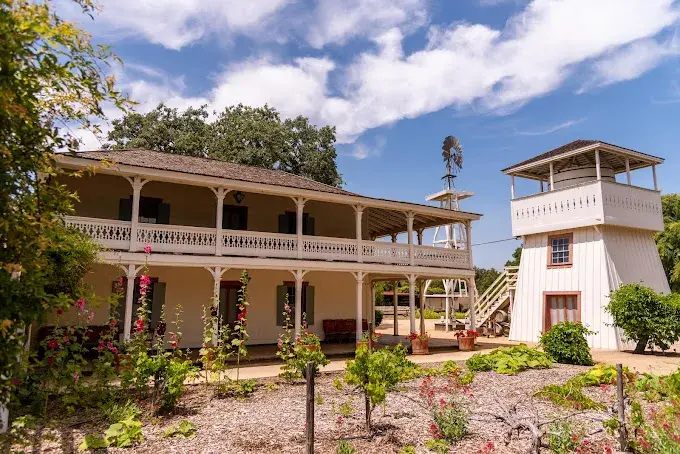
Nestled in the heart of Calabasas, the Leonis Adobe Museum stands as a captivating portal to the 19th century, offering a unique glimpse into the life and times of one of Southern California’s most influential figures, Miguel Leonis. Visitors to the museum can explore a meticulously restored ranch that brings history to life through a series of well-preserved artifacts, interactive exhibits, and traditional activities that demonstrate the daily routines of earlier times. As one wanders through the historical rooms and lush gardens, it becomes apparent that there are deeper stories and secrets about the early Californian lifestyle waiting to be uncovered. What might these hidden narratives reveal about our current understanding of California’s past?
Exploring Miguel Leonis’s Legacy in Calabasas, CA
Miguel Leonis, a pivotal figure in 19th-century Southern California, left an indelible mark on the region through his vast landholdings and influential legal battles. Often known as the ‘King of Calabasas,’ his dominion extended over 1,100 acres, encompassing parts of what are now Los Angeles and Ventura counties. His legacy is intricately tied to the development of these areas, shaping their agricultural, economic, and social landscapes.
Leonis’s life was marked by his astute, albeit sometimes controversial, maneuvers in business and law. Engaging in complex legal disputes, he fought fiercely to defend and expand his lands. These battles often set precedents in property law, influencing regional land ownership and management practices. His marriage to Espiritu Chijulla, a Chumash woman, further deepened his ties and influence within the local indigenous communities, intertwining his legacy with the cultural fabric of Southern California.
Today, the Leonis Adobe Museum stands as a testament to his influential role. The museum not only preserves his historic adobe home but also serves as a cultural touchstone, providing a tangible connection to the region’s dynamic past. It invites locals and visitors alike to explore and feel a sense of belonging to the storied history of Southern California.
Interactive Exhibits and Activities
At the Leonis Adobe Museum, visitors can immerse themselves in a variety of interactive exhibits and activities that bring the rich history of 19th-century Southern California to life. These hands-on experiences are designed not only to educate but also to engage visitors of all ages, fostering a deeper connection with the region’s past.
- Butter Churning Demonstrations: Experience the traditional method of making butter. Feel the effort required to transform cream into butter and understand the daily routines of early Californian settlers.
- Blacksmithing Workshops: Watch a skilled blacksmith demonstrate the forging techniques of the time. Participants can even try their hand at basic blacksmithing under expert supervision, connecting with the craft that was essential in the 1800s.
- Victorian Dress-Up Sessions: Step into the shoes of a 19th-century Californian by dressing up in period clothing. This interactive feature is especially popular among children, offering a unique way to learn about daily life and fashion of the era.
- Gardening Activities: Engage with the land just as the early settlers did. Plant seeds, learn about indigenous plants, and understand the role of agriculture in the survival and prosperity of historical Californian communities.
These activities invite visitors to actively participate in their learning, ensuring that the history of Leonis Adobe is not just observed but truly experienced.
The Leonis Adobe Museum in Calabasas serves as a crucial portal to the past, enabling a deeper understanding of Southern California’s history.
It is noteworthy that over 10,000 visitors annually engage with the region’s heritage through the museum’s interactive exhibits and activities.
This statistic underlines the museum’s role in educational outreach and cultural preservation, ensuring that the legacy of Miguel Leonis and the historical narratives of the area remain accessible and impactful for generations to come.